.webp)
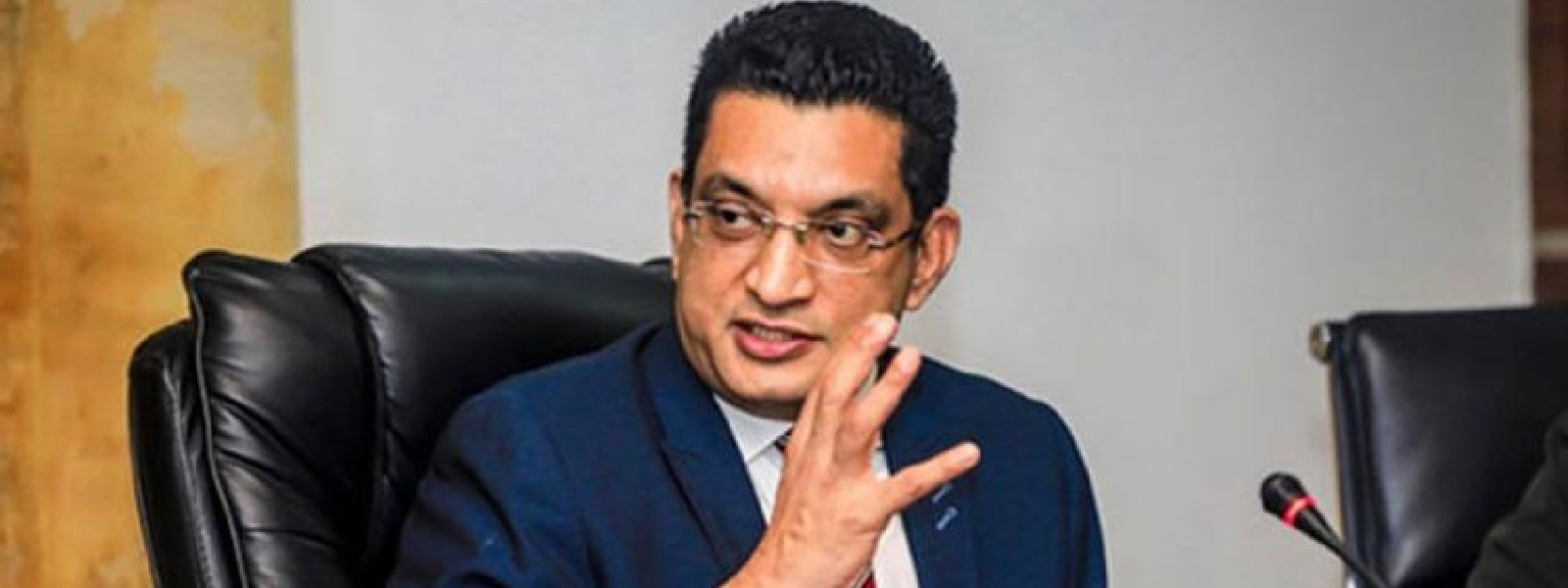
Sri Lanka will replace PTA; & 22A leads to salient changes - Foreign Minister
COLOMBO (News 1st); Sri Lanka will replace the Prevention of Terrorism Act (PTA) with a more comprehensive national security legislation in accordance with international best practices, said Foreign Minister Ali Sabry, PC on Monday (12) to the United Nations Human Rights Commission.
The Foreign Minister said that the Government is extremely sensitive to the socio-economic hardships faced by our people, and has initiated immediate multi-pronged measures to ensure their wellbeing through the provision of supplies essential to the life of the community.
"A staff level agreement has been reached with the International Monetary Fund, and discussions on debt restructuring are in progress. The Government is in dialogue with UN agencies as well as bilateral partners to protect the most vulnerable from the adverse impacts of the crisis. The recent changes that have taken place bear testimony to our continued commitment to upholding our longstanding democratic principles and norms. The constitutional rights to peaceful assembly and expression guaranteed the democratic space for our people to exercise their rights. In this regard, transgressions of the law resulting in criminal and unlawful activity were addressed in accord with the law and the Constitution, in circumstances where such freedoms were abused by elements with vested interests to achieve undemocratic political ends," he added.
Notwithstanding the severe constraints and challenges, Sri Lanka remains firmly committed to pursuing tangible progress in the protection of human rights and reconcilation through independent domestic institutions, he added.
He said Sri Lanka is compelled to categorically reject any follow-up measures to the resolution, as well as the related recommendations and conclusions by the High Commissioner.
The proposed 22nd Amendment to the Constitution introduces several salient changes which would strengthen democratic governance and independent oversight of key institutions, and combat corruption including through the constitutional recognition of the United Nations Convention Against Corruption (UNCAC), he said.
"While issues of reconciliation and accountability are being comprehensively addressed through a domestic process, it is time to reflect realistically on the trajectory of this resolution which has continued on the agenda of the Council for over a decade, and undertake a realistic assessment on whether it has benefited the people of Sri Lanka. There is a need to acknowledge actual progress on the ground and support Sri Lanka," he added.
The Foreign Minister said that the people of Sri Lanka remain steadfast and resilient while upholding their democratic values as one of Asia’s oldest democracies.
"We are not hesitant to acknowledge our challenges and forge ahead with renewed vigour. While our immediate concern is economic recovery, advancing the human rights of our people is of equal priority," he added.
Other Articles
Featured News





.png )
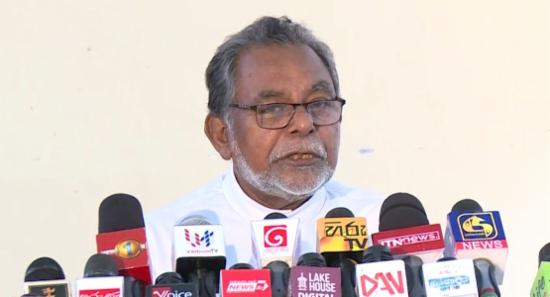
-828758_550x300.jpg)








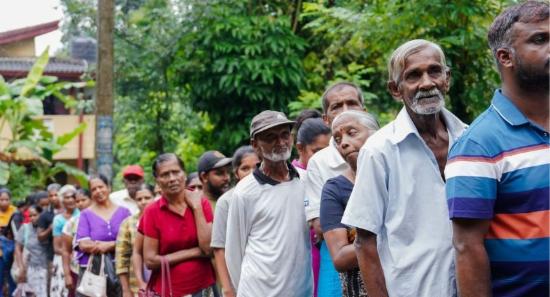
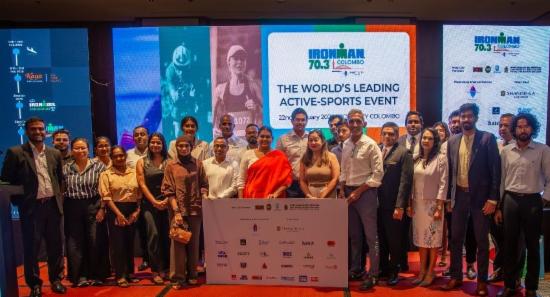
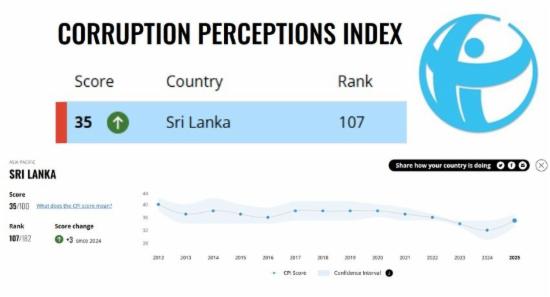

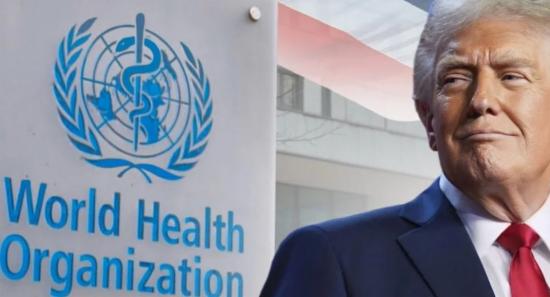
















.gif)